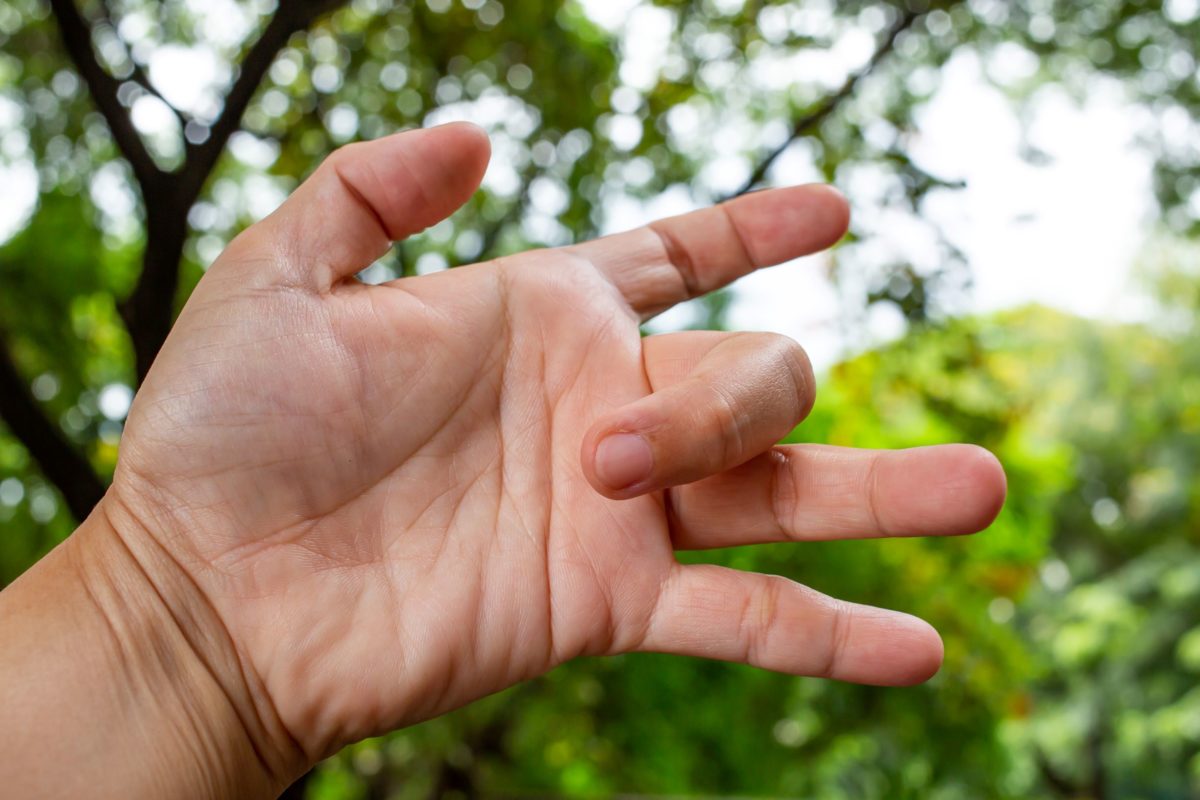The phrase “trigger finger” can be rather deceptive. It’s not about spending too much time at the firing range – although that may do it. It actually refers to the shape that the finger takes when you have this condition, as well as the popping or snapping sound the finger
might make when you are finally able to straighten it out.
Understanding the medical term for trigger finger and what the condition is may help clear the air.
What is the Medical Term for Trigger Finger?
Trigger finger occurs when the pulley at the base of the finger becomes too thick and then constricts around the tendon. As a result, it can be hard to move the tendon, and you may feel pain, popping, or a feeling of resistance when you try to straighten the finger. When this happens, the tendon may swell and cause pain, and this can happen repeatedly over time. In some cases, the tendon becomes locked, and it may be hard to move the finger at all.
The medical term for trigger finger is stenosing tenosynovitis.
What does “stenosing” mean?
Stenosing derives from the word stenosis, which is defined as an abnormal narrowing or contraction of a body passage or opening.
Other types of stenoses as used in the medical sense include aortic stenosis, pulmonary stenosis, spinal stenosis, and tracheal stenosis, among many others.
What does “tenosynovitis” mean?
“Teno” refers to tendon. “Synovitis” refers to inflammation of a synovial membrane, which contains synovial fluid. Synovial fluid is a lubricating fluid secreted by the tendon sheath, which is what allows a healthy finger to move properly.
Tenosynovitis, therefore, literally means “inflammation of a tendon,” as well as its sheath.
It typically occurs in the hands, wrists, feet, and ankles due to intense, repetitive use, such as when playing a piano. In addition to overuse, it may occur due to an injury that leads to infection, as well as tuberculous or gonorrheal infection.
Combine it all together, and you get stenosing tenosynovitis: inflammation of a tendon that causes abnormal narrowing or contraction.
Don’t worry. You can still call it “trigger finger.”













